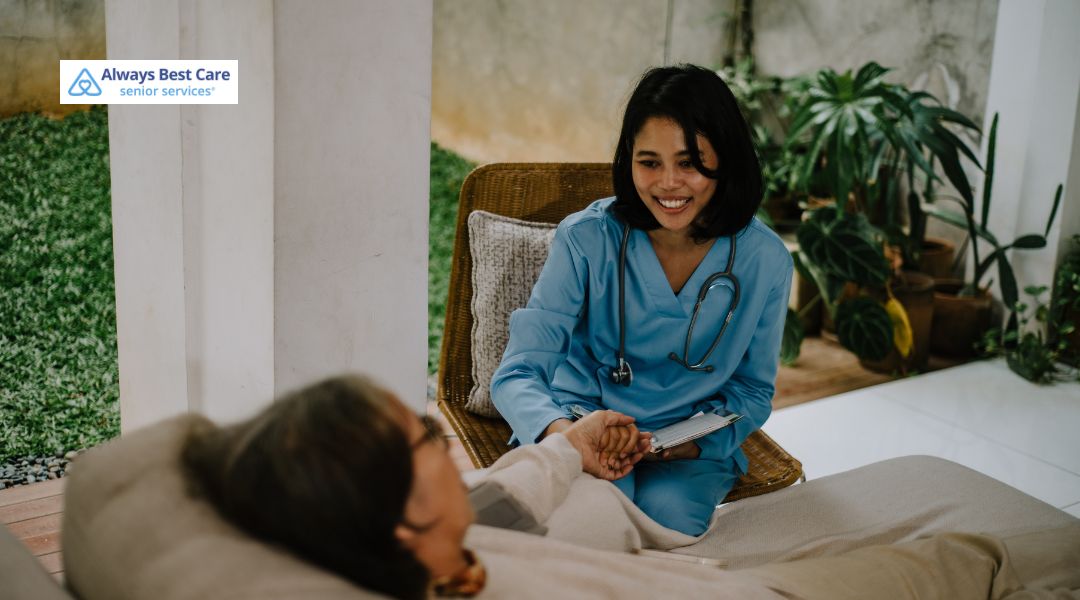What steps do you take to ensure the safety, privacy, and background screening of your caregivers?

Finding a trustworthy in-home caregiver can feel like a big leap of faith. After all, you’re inviting someone into your home, someone who’ll be part of your daily life or your loved one’s.
That’s why reputable care agencies, like our Always Best Care team, go the extra mile to ensure every caregiver is fully vetted, trained, and respectful of privacy and safety from the very beginning.

Table of Contents
Prioritizing Safety from the Start
Before any caregiver ever steps through the door, safety is already front and center. The hiring process isn’t rushed. It starts with identifying applicants who genuinely understand what in-home care means, not just medically, but personally. Compassion, reliability, and accountability are baseline expectations.
Comprehensive Background Checks for Every Caregiver
No one skips this step. Every in-home caregiver near me worth hiring undergoes a thorough background check. That means running national and state records, identity confirmation, and checking for red flags that could compromise safety. We don’t cut corners here, and neither should you.
Verifying Employment History and Professional References
Anyone can write a polished resume, but real-world performance tells the truth. We verify work history and speak directly with previous supervisors and families. If someone has delivered exceptional in-home care and supportive services, that story will shine through.
Screening for Criminal Records, Driving History, and Abuse Registries
Safety includes everything from character to driving skills. Agencies, like ours, scan abuse registries, criminal databases, and even motor vehicle reports. Whether a caregiver is providing in-home care for dementia patients or offering in-home care for disabled adults, knowing they’ve passed these screenings matters.
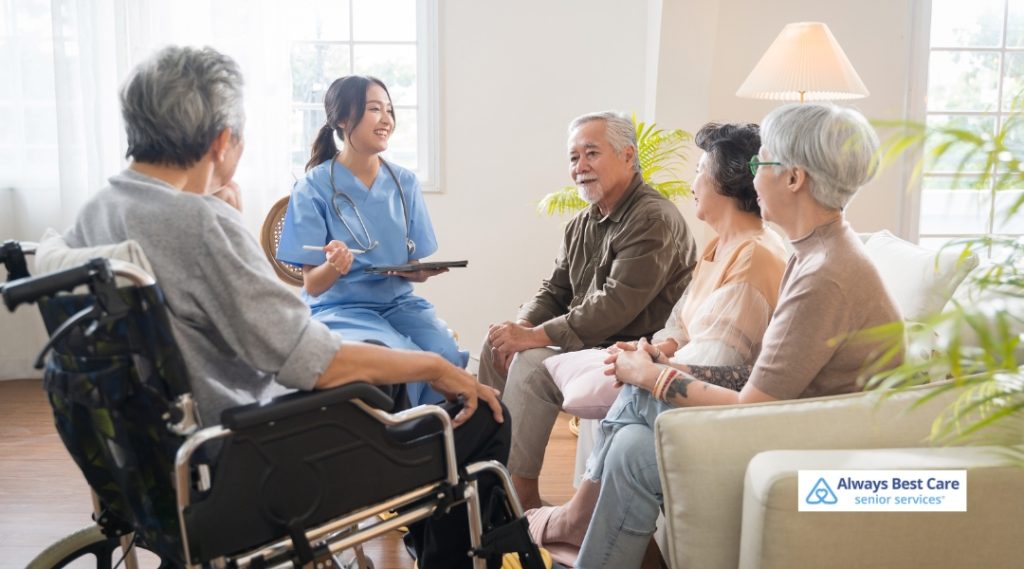
Ongoing Monitoring to Maintain High Standards
Hiring isn’t the finish line. We conduct ongoing monitoring, keeping an eye on certifications, renewals, and any changes in a caregiver’s record. If something concerning pops up, it’s addressed right away. That’s how high standards are maintained long after the first day.
Regular Performance Reviews and In-Home Supervision
Behind-the-scenes support plays a big role. Supervisors routinely visit clients receiving in-home care assistance to ensure everything’s running smoothly. These check-ins confirm that duties like medication reminders, mobility support, or in-home care and hospice tasks are being handled with skill and kindness.
Continuous Education in Safety, Ethics, and Elder Care
A solid caregiver never stops learning. From safety techniques and emergency response to updated care methods for autism, dementia, or disability, caregivers go through continuing education. That’s especially critical for those working in in-home care for autistic adults or in home care disability support roles.
Responding Swiftly to Concerns or Complaints
If a client or family ever raises a concern, our team takes it seriously and responds quickly. A clear system is in place for responding, investigating, and making changes. Whether it’s a mismatch in style or a more serious issue, the goal is always safety and comfort.
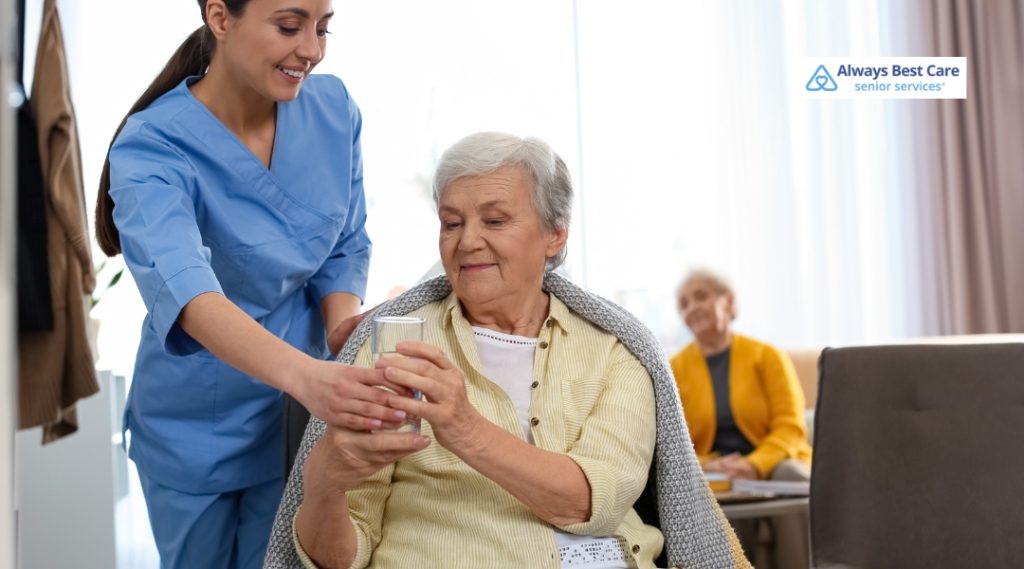
Protecting the Privacy and Dignity of Clients
Let’s face it: home care is a personal matter. Respecting someone’s space, dignity, and preferences is non-negotiable. The best caregivers know when to step in and when to step back.
Respecting Personal Boundaries and Confidential Health Information
Caregivers are trained to maintain strong personal boundaries. That means handling tasks like bathing, dressing, or in-home care for dementia with professionalism. Sensitive details, diagnoses, and private conversations stay just that, private.
Secure Data Handling and Communication Protocols
Modern care often involves digital records, texts, or app updates. We protect client data through secure software, encrypted messaging, and tight communication protocols, especially important for families coordinating with nurses or aides from afar.
Training Caregivers in HIPAA Compliance and Client Respect
Every caregiver receives training in HIPAA compliance and confidentiality. Whether it’s an in-home care nurse administering meds or a daily aide offering companionship, they know how to protect what matters most, your trust.
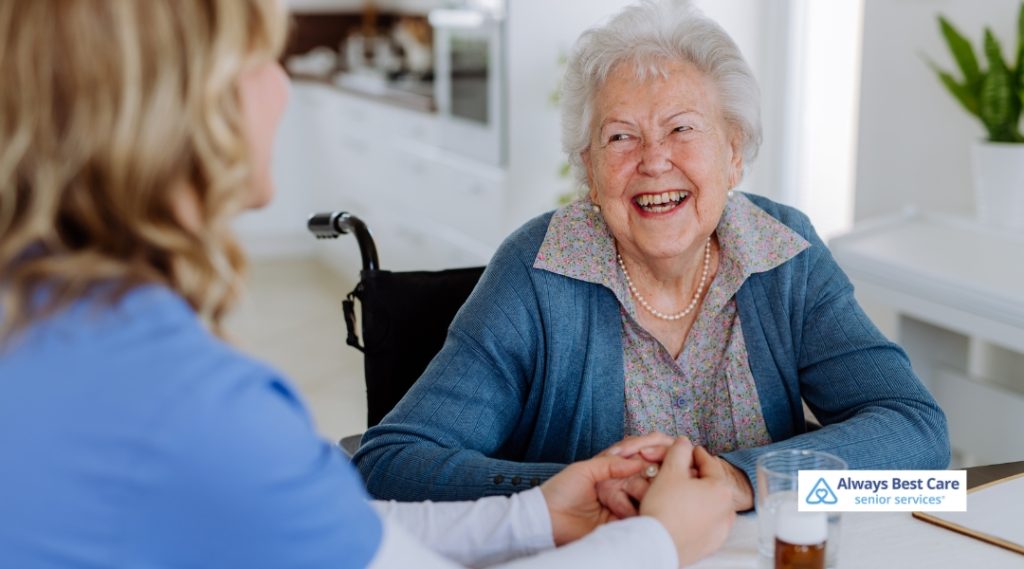
Building Trust Through Transparency and Accountability
The only way to earn trust is to show up honestly, every day. That’s why Always Best Care is open about our hiring standards, training practices, and ongoing oversight. Transparency builds confidence.
Clear Policies Shared with Families Up Front
Families are never left guessing. From day one, expectations, contact protocols, and emergency procedures are shared in plain English. This open communication helps prevent confusion and builds lasting peace of mind.
Matching Clients with the Right Caregiver for Compatibility
A great caregiver match isn’t just about skill. It’s about personality, values, and comfort. Agencies put real effort into connecting clients with someone they click with, someone who feels like a good fit in their daily rhythm.
Your Peace of Mind Starts with Our Caregiver Vetting Process!
Choosing in-home care near me doesn’t have to feel risky. With solid vetting, real-time oversight, and a deep respect for your privacy and safety, you’re not just hiring help, you’re building a care partnership that works.
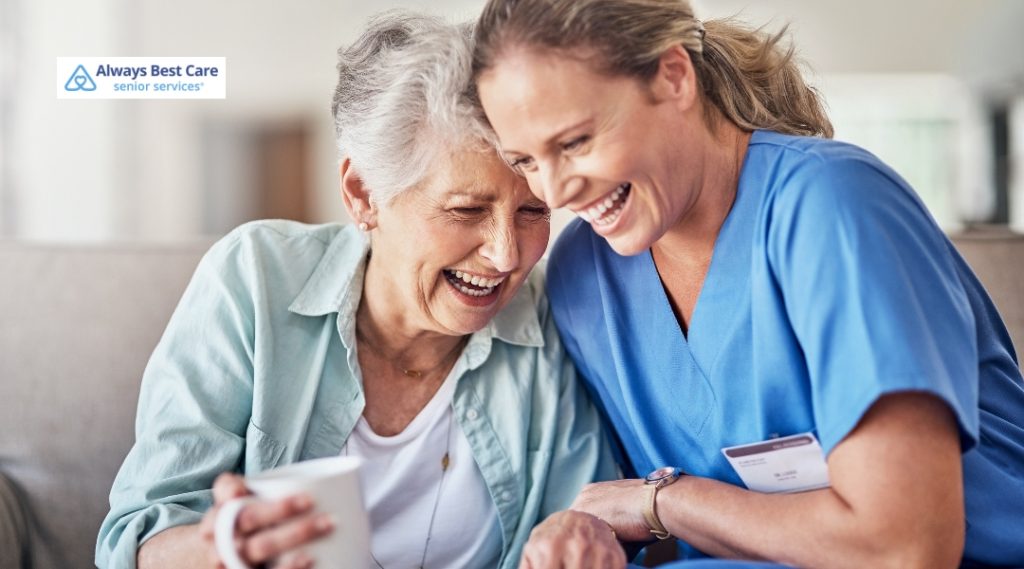
Frequently Asked Questions
Q: How much do in-home care services cost?
A: In-home care prices vary by location, level of care, and hours needed. Always ask agencies for a detailed breakdown of in-home care costs or the costs of in-home care services during the consultation.
Q: Does Medicaid cover in-home care?
A: In many cases, yes. Medicaid eligibility for in-home care depends on the state and the level of medical need. Your agency can help you navigate this.
Q: What are common home care duties?
A: Common home care duties include help with bathing, dressing, meal prep, mobility support, medication reminders, and companionship.
Q: Do caregivers get trained in dementia or disability care?
A: Yes. Reputable agencies provide ongoing training for in-home care for dementia and in-home care for disabled adults to make sure caregivers can offer safe, skilled support.

Ready to Find Safe, Trustworthy In-Home Care?
Don’t settle for guesswork when it comes to your loved one’s safety and well-being. Start with an agency that puts screening, privacy, and respect first. Reach out today to learn how our carefully vetted caregivers can bring comfort, peace of mind, and compassionate care right to your doorstep.
Contact Always Best Care of Desert Cities at (760) 851-0740 to learn more and schedule your free consultation.




